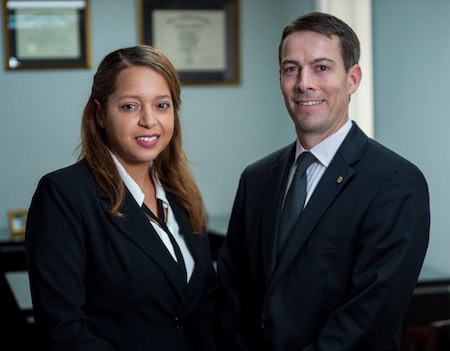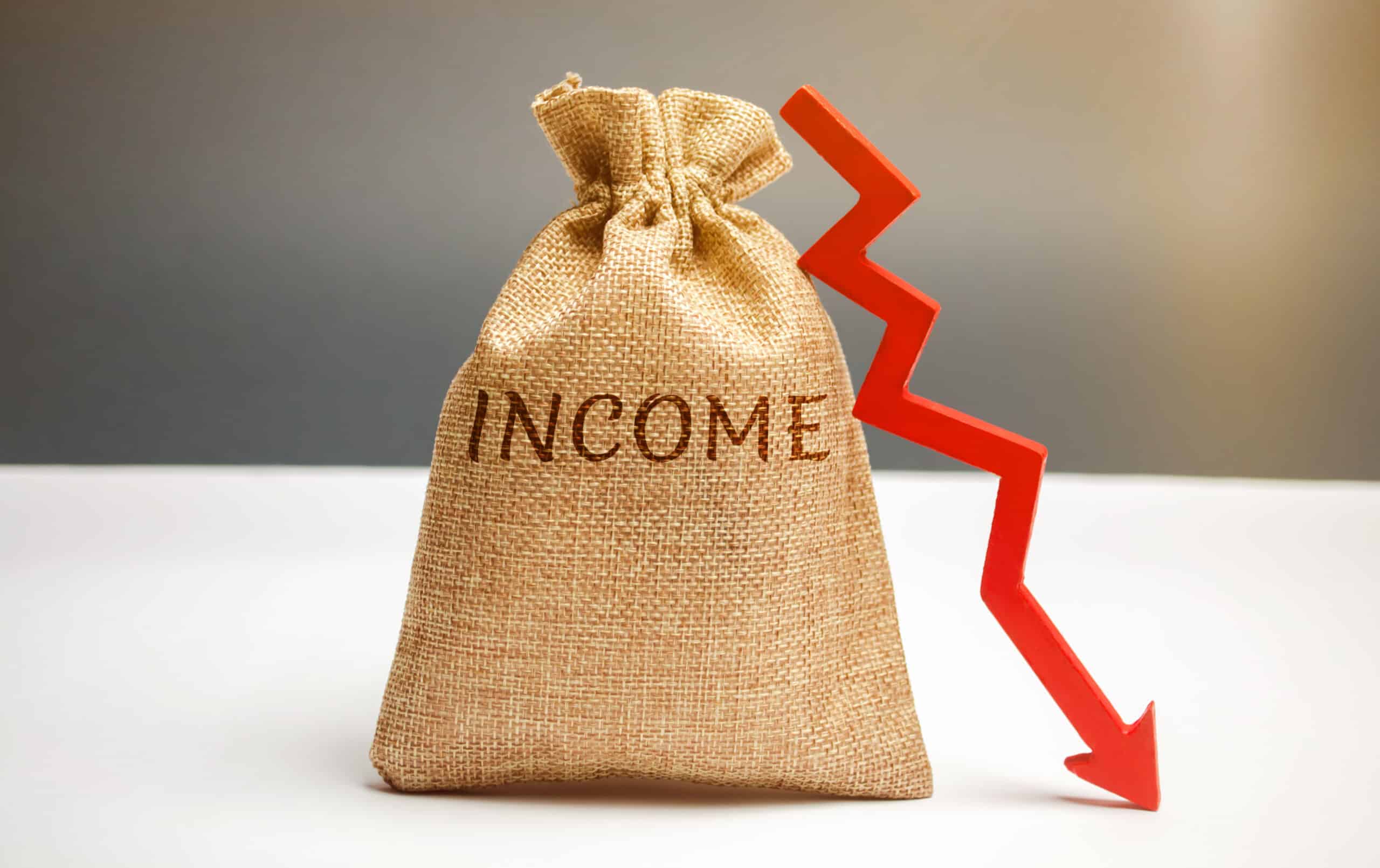 Overcoming Disagreements In Collaborative Divorce
Overcoming Disagreements In Collaborative Divorce
One of the most remarkable aspects of the collaborative divorce process is its ability to address and overcome even the most challenging disagreements.
Here’s how collaborative divorce facilitates resolution in the face of adversity:
1. Respectful Communication & Knowledge: Open, respectful communication is the cornerstone of collaborative divorce. By fostering an environment where both you and your spouse feel heard and valued, collaborative divorce paves the way for constructive dialogue and compromise. Additionally, the fear of the unknown is a common barrier that we overcome in Collaborative Divorce. You and your spouse are both working with your own collaboratively trained divorce attorney. You don’t have to leap before you look. Your attorney will guide you and assure that you understand the law before you make important decisions in your divorce.
2. Focus on Interests: Collaborative divorce encourages you and your professional team to focus on the underlying interests and priorities related to your goals rather than getting mired in positional bargaining. By understanding the needs and concerns of both you and your spouse, we can identify creative solutions that address both of your interests.
3. Neutral Facilitation: A collaboratively trained mental health professional and other collaborative professionals provide neutral facilitation and guidance throughout the process, helping to de-escalate arguments and conflicts and keep negotiations on track.
4. Child-Centered Approach: If you have minor children, collaborative divorce prioritizes the well-being and best interests of your children. This is a dramatic difference when compared to court litigation which often times creates long term emotional damage for the entire family, including the parents and the children. In collaborative divorce, we engage Child specialists to provide you with insights and recommendations regarding custom parenting arrangements. In collaborative divorce, there is no threat of a judge or someone else deciding how you and your spouse will share time with your children. The only decision makers regarding your children are you and your spouse in the Collaborative Divorce process.
Understanding Collaborative Divorce
Collaborative divorce is a structured process that prioritizes open communication, mutual respect, and financial transparency. Unlike traditional litigation, where decisions are made by a judge, collaborative divorce enables you to maintain control over the outcome of your divorce while also preserving life-long relationships with your family
The Professional Team in the Collaborative Process
Central to the collaborative divorce process are you and your spouse, you all are the decision makers and the captains of the team. Along with you, are two collaborative attorneys. Depending upon your unique circumstances, your team may include a mental health professional, a financial specialists, and/or a child specialist.
The Collaborative Process in Action
1. Initial Consultation: The process begins with an initial consultation where you and your spouse meet with your collaborative attorneys to discuss your questions, your goals, your concerns, and the collaborative process itself.
2. Disclosure and Transparency: Full disclosure of assets, debts, and other relevant information is essential for the collaborative process to proceed smoothly. Both you and your spouse commit to being transparent and forthcoming and to providing the professional team with all needed financial documents throughout the process to assure a fair and legal settlement may be reached.
3. Negotiation and Problem-Solving: With the guidance of your collaborative attorneys, you will work through difficult negotiations to address important legal issues to your divorce such as property division, child issues, and spousal support. A neutral mental health professional will also assist in managing emotions and facilitating productive communication.
4. Creative Solutions: Unlike in courtroom divorce proceedings, where solutions are often limited by legal constraints, your collaborative divorce team helps you to creatively problem-solve by providing you with all of the information you need to select the solution that is best for the family. You will explore and discuss alternative arrangements that may better suit your unique circumstances and priorities.
5. Finalizing the Agreement: Once you reach an agreement on all relevant issues, the terms will be formalized into a legally binding agreement by your legal counsel. This agreement is then submitted to the court for approval, finalizing your divorce. This entire process averages 3-6 months. This saves you more than a year in time when compared to court litigation that often takes 12-24 months.
Benefits of Collaborative Divorce
1. Control and Empowerment: Collaborative divorce empowers you and your spouse to make the decisions that affect your family and finances for the rest of your life rather than having them imposed on you by a judge. This sense of control can be empowering and fosters a greater sense of ownership over the outcome.
2. Cost-Effectiveness: While every divorce involves expenses, collaborative divorce often proves to be more cost-effective than litigation. By streamlining the process and minimizing court involvement, you save both time and money.
3. Preservation of Relationships: Unlike court litigation, which will strain relationships and breed animosity, collaborative divorce prioritizes respect and peace and privacy. This is particularly beneficial for couples who will continue to co-parent, or who just seek to maintain a respectful relationship with their former spouse after the divorce is finalized.
4. Confidentiality: Collaborative divorce is private and confidential, offering you a much higher degree of privacy when compared to public hearings and public court records.
Divorce is a challenging journey that can be charged with emotional turmoil difficult financial and legal questions. In the midst of these difficulties, the collaborative divorce process offers a beacon of hope for families that are seeking a private and peaceful resolution. Even when disagreements seem insurmountable, collaborative divorce empowers you with legal professionals that provide you with the answers to all of your legal questions, and expert opinions on what a fair compromise could look like for you and your spouse.
You and your spouse are provided with the tools that you need in Collaborative Divorce to find common ground, and to craft solutions that are best for your family. You can avoid having a judge and lawyers decide your fate. You retain control over your divorce and the important decisions that will be made in your divorce when you choose the Collaborative Divorce process.
Conclusion
Divorce is not easy, but the collaborative divorce process offers you a path forward that prioritizes dignity, respect, and cooperation. Even when you don’t agree on important legal issues, collaborative divorce empowers you with the tools that you need and the information that you need to find solutions that best fit the needs of you and your family. By embracing open communication, creative problem-solving, and a commitment to mutual respect, you can navigate the difficulties of divorce with grace and dignity.
MINDFUL DIVORCE, P.A.
If you, or a friend of yours, has questions about Collaborative divorce in Palm Beach County, we are here to help.





